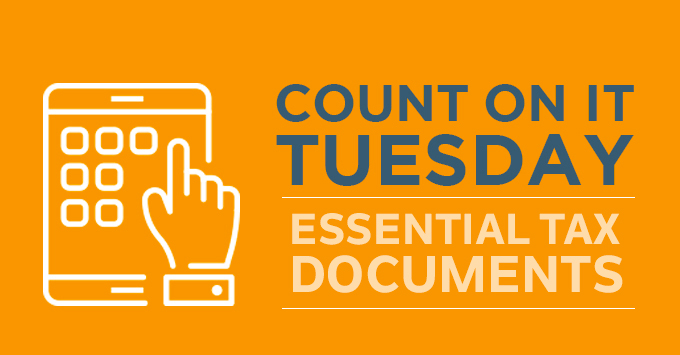
Should You Outsource Your Payroll?
Payroll is the Pandora’s Box of small business ownership. Open one tiny corner and a world of questions and potential liabilities await. Tax law, labor rules, local, state and federal requirements all come rushing out the tiny tear of the box threatening to bring your growing business to its knees.
Here are the top five reasons many small business owners find benefits in outsourcing payroll and keeping that Pandora’s Box shut:
Time saved
Regardless of the number of people employed by your business, attending to payroll demands a great deal of time and attention to detail. Pay period follows pay period, each time requiring the business owner to input considerable amounts of data and double-check for any keying errors—time taken away from tasks a small business owner must attend to (including service to valued customers).
Outsourcing this function immediately frees up precious time. Employers only need to make contact with their customer service representative once each pay period.
Money saved
Time saved is money saved. Think of the time required for each of the following:
- Calculating payroll each time period
- Printing, signing, and distributing paychecks or pay stubs
- Generating reports for in-house and accountant use
- Preparing and remitting payroll taxes and returns to government agencies
- When evaluated on a per-payroll-period or a monthly basis, a time/cost analysis may well indicate the benefits of an affordable full-service provider.
Enhanced security
Payroll processing is a complex and potentially risky business operation. Even with trusted employees, there is always a risk of identity theft, embezzlement of funds, or tampering with company records for personal gain. There’s also an ever-present risk when using in-house payroll software: How safe and secure is payroll data on the company’s server or network? This nagging question can consume a business owner’s energy and attention as well.
By contrast, online payroll solutions offer a “safe haven” for your confidential payroll data. In addition to redundant backup and multiple server locations, a quality payroll provider invests in state-of-the-art systems for storing and protecting data, simply because it’s part of the service provided to clients.
Compliance with government regulations
Generally speaking, small business owners aren’t experts in the complicated world of government tax regulations. At the same time, they are legally responsible for any cases of misrepresentation or a failure to accurately report employment taxes to federal and state government agencies.
Mistakes can lead to audits and penalties—situations no small business wants or needs. As noted by ProfessionalEmployer.net, “The IRS estimates that over 40 percent of small businesses in the United States pay penalties of over $800 per year … the result of late or incorrect filing and payments.”
Government rules and regulations are always changing and small business owners can’t be expected to stay on top of these changes. Professional payroll providers, on the other hand, must stay current with rules, regulations and changes in tax rates.
The expertise of professionals
A professional payroll provider employs individuals who know payroll processing inside and out. These individuals specialize in the complexities of payroll taxes, as well as compliance with government regulations. It’s what they’re trained to do and part of the guaranteed service they provide.


